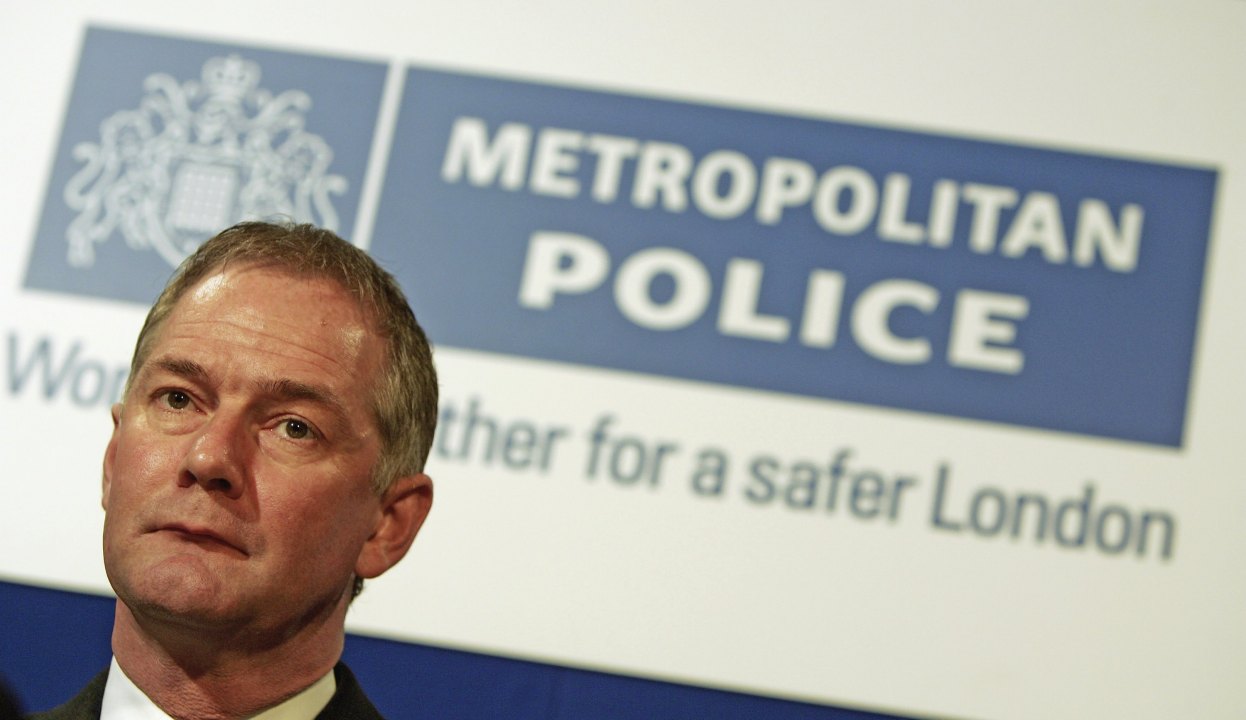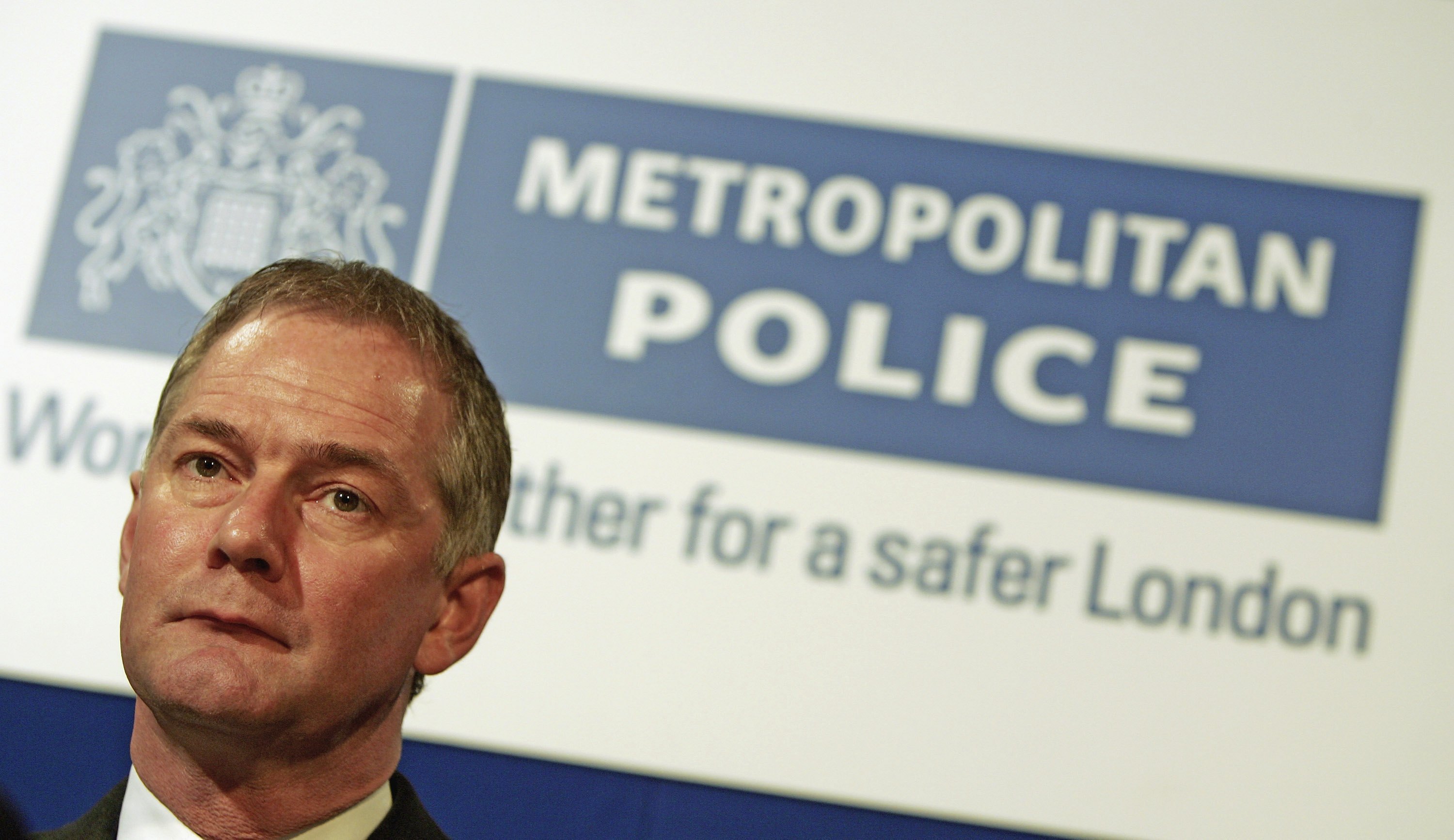 The excuse deployed by the police to explain their failure thoroughly to investigate the
News of the World hacking allegations is quite persuasive: national security was a priority, and this seemed like something of a sideshow.
The excuse deployed by the police to explain their failure thoroughly to investigate the
News of the World hacking allegations is quite persuasive: national security was a priority, and this seemed like something of a sideshow.
During the first decade of 21st century, police officers found a new — and sometimes glamorous — role for themselves at the forefront of the battle against Islamic terrorism. Some politicians and journalists have always been impressed by rough, tough coppers. But these guys were on the front line of the war on terror. Dead impressive.
For much of this period I was Home Affairs Editor of the Observer and I often heard politicians tell me how impressed they were by Andy Hayman. He walked and talked like a real policeman (unlike that Oxbridge softy Ian Blair).
What we all didn’t know at a time is that Hayman himself had always wanted to be a journalist and his wish was granted.
There is now a picture building of a cosy revolving door policy between the Met and News International, which extended to mutual backscratching expressed through work experience opportunities for lucky siblings. We now know how close that relationship was in some cases. And Hayman was certainly not alone.
I now believe it is essential that any investigation into phone hacking should look into exactly how much time senior police officers were spending with journalists and newspaper executives during this crucial time for our national security.
I remember very well the days and weeks immediately following July 7th 2005 when journalists were understandably desperate for any scraps of information. I also remember how easy it was to get Andy Hayman on his mobile. At the time I thought it was odd that he was spending so much time talking to hacks (I can only assume that every 10 minutes on the phone to The Observer was matched by lengthier calls to the tabloids).
Why does this matter? Isn’t it part of the job of the police to communicate to the public through media outlets? Well, yes and no. Hayman was the Assistant Commissioner with direct responsibility for investigating the 7/7 bombings (and the later failed attempts on July 21st). It was important and right for him to have a relationship with senior journalists.
But what happened when things go wrong — as they did when Jean Charles de Menezes was killed on 22 July 2011, when he was mistaken for a terror suspect.
By this time, Ian Blair’s authority was being severely tested by off-the-record briefings from his senior officers. Considerable amounts of information was reaching the public through informal lunches of the Crime Reporters Association, including, quite possibly, the first revelation that the Menezes shooting had been a mistake.
And that very weekend, senior officers were briefing journalists with an even more sensational story: that the 7/7 and 21/7 bombers had attended the same training camp in Snowdonia and might turn out to be linked. Was this an attempt to distract attention from the catastrophe of the Menezes killing? As one of the journalists fed the story, I would certainly like to know.







Comments